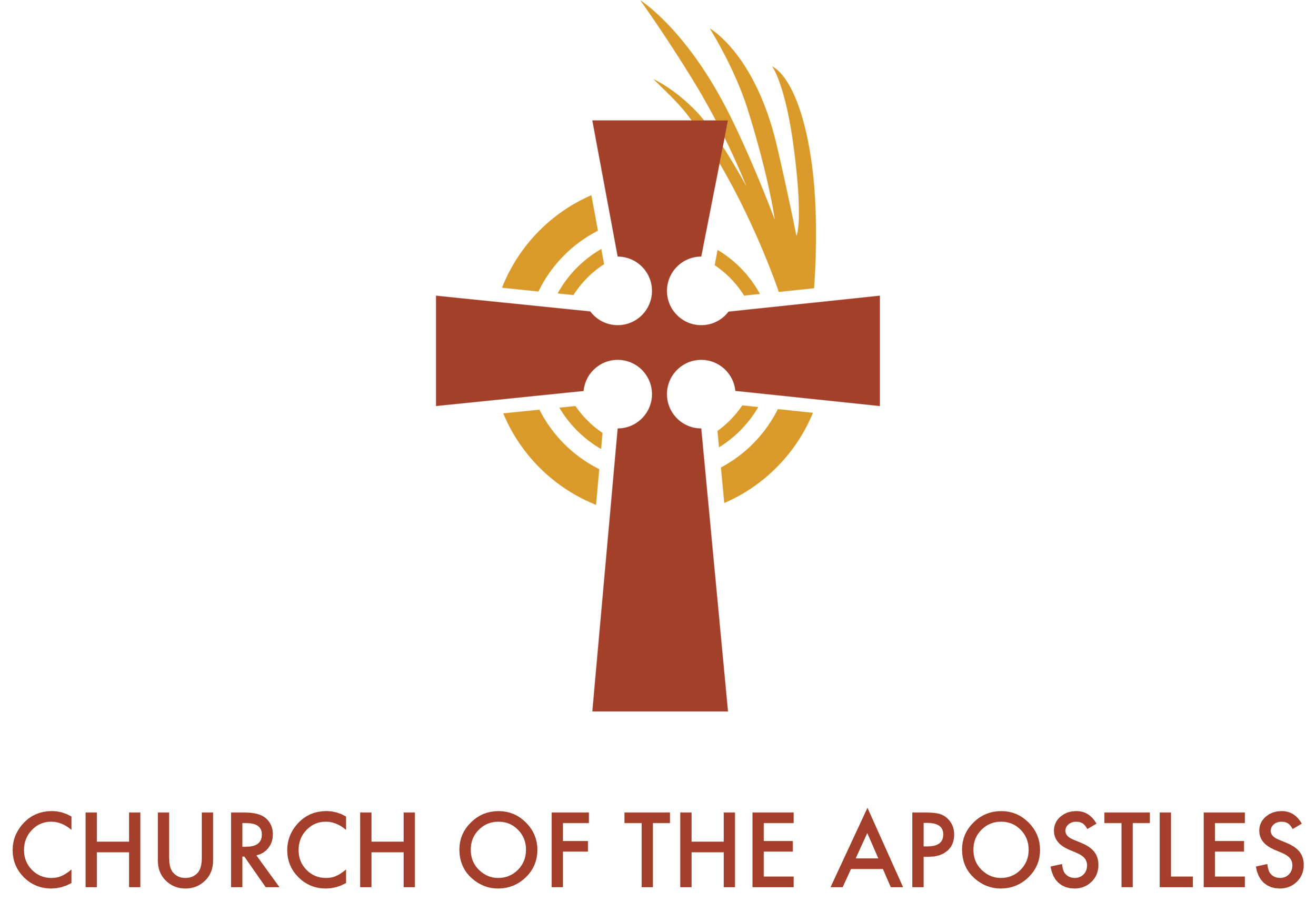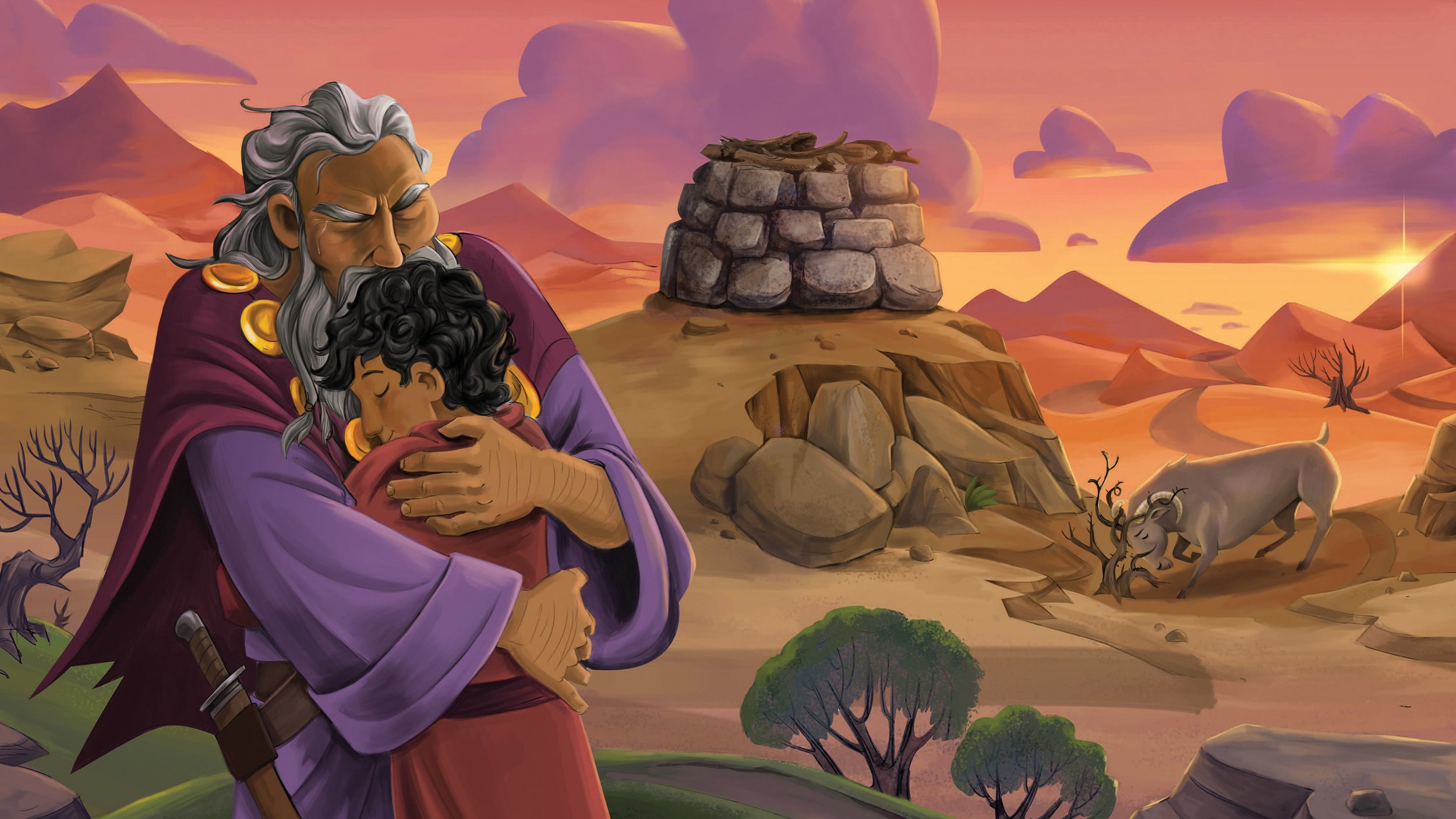Dear families,
As the rescued people of Israel traveled toward the promised land, God met with Moses at Mount Sinai and made a covenant with the Israelites. We refer to this covenant as the Mosaic covenant. God promised five things in this covenant: 1) Israel will be God’s own possession; 2) Israel will be God’s kingdom of priests; 3) Israel will be a holy nation; 4) God will defend Israel from her enemies; and 5) God will be gracious, merciful, and forgiving to Israel.
Unlike His covenant with Abraham, God’s covenant with Israel was conditional: “Carefully follow every command I am giving you” (Deut. 8:1). “Be careful that you don’t forget the LORD your God by failing to keep his commands” (Deut. 8:11). “If you ever forget the LORD your God … you will certainly perish.” (Deut. 8:19). Isn’t it interesting how remembering God and obeying Him are so closely linked? You spend the most time thinking about that which you most care about. What occupies the most space in your mind? If we aren’t thinking about God, we aren’t loving Him. And if we aren’t loving Him, we aren’t obeying Him.
We can group the Ten Commandments into two categories: The first four deal with a person’s relationship with God (love God), and the last six deal with a person’s relationship with others (love others). These laws encompassed every part of the Israelites’ lives and showed what righteous living looks like.
Some people think of the Ten Commandments as a burden, but God’s rules are good and are meant to help us. The Bible is clear that we are all sinful and fall short of God’s standard for holiness. Why should we seek to obey God? Consider Jesus’ words: “If you love me, you will keep my commands” (John 14:15).
Read the Ten Commandments with Jesus in mind. Our obedience cannot earn us God’s favor, and our disobedience does not separate us from Him. God is pleased with us because He looks at Jesus, who never sinned.
Because of Christ, we have a right relationship with God. He gives us power through the Holy Spirit to “love the Lord your God with all your heart, with all your soul, and with all your mind” and to “love your neighbor as yourself” (Matt. 22:37,39).
Check out The Gospel Project At Home for resources designed to help you lead a family worship experience as well as suggestions for morning and evening prayer times and family activities.
FAMILY TALKING POINTS
CHRIST CONNECTION
This is the big idea of how this week’s Bible story points to Jesus.
● Babies & Toddlers: God’s rules are best.
● Younger Preschool: God’s rules are good, but people cannot obey them perfectly. Only Jesus obeyed God perfectly. We can trust Him to forgive our sin.
● Older Preschool: God gave us rules to show that He is holy. Sin keeps us away from God, but Jesus came to bring us back to Him. Jesus never sinned. We can trust Him to forgive our sin.
● Kids: God’s law shows us what He requires. Our sin separates us from a holy God, but Jesus came to bring us back to God. When we trust in Jesus, He takes away our sin and gives us His perfect righteousness.
BIG PICTURE QUESTION & ANSWER
This is an important biblical truth that your child will encounter each week of this unit.
● Younger Preschool: What is worship? Worship is singing, praying, and listening to God.
● Older Preschool: What is worship? Worship is celebrating the greatness of God.
● Kids: What is worship? Worship is celebrating the greatness of God.
KEY PASSAGE
This is a Bible verse that relates to what your child will encounter each week of this unit.
● Babies & Toddlers: Let’s worship God. — Psalm 95:6
● Younger Preschool: Let’s worship God. — Psalm 95:6
● Older Preschool: Come, let’s worship and bow down; let’s kneel before the LORD our Maker. — Psalm 95:6
● Kids: Come, let’s worship and bow down; let’s kneel before the LORD our Maker. For he is our God, and we are the people of his pasture, the sheep under his care. — Psalm 95:6-7
** Next week: The People Worshiped a Golden Calf (Exodus 32–34)


















